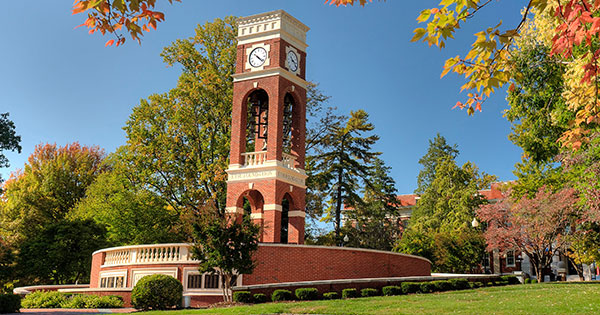Undergraduate Programs Overview
-
Overview
The Bachelor of Science in Nursing (BSN) degree is the foundation for professional practice. The BSN program prepares competent nurse generalists who demonstrate professional accountability while coordinating and deliveringhighest quality, compassionate nursing care. Professional nursing integratesnursing theory and research and synthesizes knowledge from the sciences and humanities in the provision of safe and effective care. As integral members of multidisciplinary healthcare teams, BSN-prepared nurses identify health needs and provide direct and indirect care for individuals and groups across diversespectrums of life and human experience. Professional nurses promote and restore health, reduce risk, optimize health outcomes, and preserve human dignity through the skilled application of patient care and information system technologies. Guided by clinical judgment; evidence-based practice; and globalperspectives; ethical principles of social justice and personal and professional integrity, BSN-prepared nurses are prepared to contribute leadership roles inhealthcare. Professional nurses demonstrate altruistic values, critical thinking, social awareness, advocacy, communications excellence, interprofessionalcollaboration, and life- long learning. Evidence-based practice, ethical reasoning,and relationship-based care are used to direct culturally relevant practice acrossmultiple settings at individual, group, and population levels.
-
Program Outcomes
On completion of the B.S.N. degree program, the graduate will be able to:
- Synthesize knowledge from humanities, arts and sciences to provide competent and caring nursing practice in a global society.
- Communicate effectively with healthcare consumers, colleagues and other members of interprofessional teams at local, regional, national and global levels.
- Synthesize data to make and evaluate decisions related to best nursing practice.
Engage in safe healthcare practices with individuals, families, groups, and populations. - Practice nursing in compliance with current legal, ethical, and professional standards reflecting a commitment to lifelong learning.
- Collaborate to promote health and prevent disease for individuals, families, groups, and populations.
- Apply research and health quality data to provide evidence-based nursing practice and improve health outcomes.
- Demonstrate leadership to positively influence healthcare policy, using quality, safety, and regulatory standards.
- Use information systems and healthcare technology to deliver effective nursing care.
2025.07.23.01 v. 235 | Associate Dean for Undergraduate Programs
 Stout Drive Road Closure
Stout Drive Road Closure 






